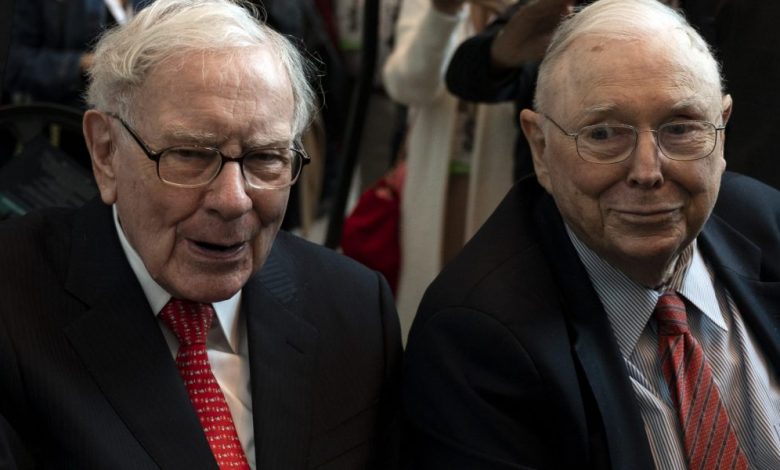Charlie Munger Says US Should Ban Crypto

Charlie Munger is not a fan of crypto. As vice chairman of the nearly $700 billion megaconglomerate Berkshire Hathaway, Munger Warren has helped Buffett make billions for investors since 1978 by employing a strictly fundamentals-based approach to acquiring “quality companies.”
And he believes cryptocurrencies represent the opposite strategy, arguing that the entire industry is “part fraud and part deception.” In 2021, Munger famously called the world’s leading digital asset, Bitcoin, “rat poison” and likened other cryptocurrencies to some sort of “venereal disease.” Now, he says, the federal government should step in and ban the entire industry.
“A cryptocurrency is not a currency, a commodity or a security,” Munger argued on a Wednesday Wall Street Journal op ed. “Instead, it’s a gambling contract with an almost 100% house edge… Obviously, the US should now enact new federal law preventing this.”
Munge said that cryptocurrency investors are being taken advantage of by promoters and founders, noting that the creators of new cryptocurrencies often received coins for “almost nothing.”
“After that, the public buys in at much higher prices without fully understanding the pre-dilution in favor of the promoter,” he claimed, calling it an example of “wild and woolly capitalism.”
Munger said the U.S. should follow the lead of China — which has been known to ban cryptocurrencies in 2021 — and enact legislation that would prevent both crypto trading and the formation of new cryptocurrencies.
“What should the US do after a cryptocurrency ban is in place?” Munger continued. “Well, one more action might be worthwhile: thank the Chinese communist leader for his great example of unusual common sense.”
Munger said that China’s actions — which he says were carried out because Chinese authorities concluded that cryptocurrencies “do more harm than good” — are one of two key precedents that provide evidence of the potential benefits of banning crypto deliver. But the second precedent Munger offered was odd for a man who has amassed a net worth of $2.3 billion, mostly through Berkshire Hathaway investing in public markets.
Munger pointed to England’s ban on public dealings in new common stock after the bursting of the South Sea Bubble in 1720 as an example of the benefits of cracking down on risky investor speculation. Dubbed “the world’s first financial crash”, the South Sea Bubble began in 1711 when The South Sea Company was formed by an Act of Parliament as a public-private partnership to lower the cost of England’s national debt.
Shares were sold to the public, which offered a 6% interest rate, but the company’s slave and trading deals did not yield what was originally promised. Despite a lack of earnings, the company’s stock developed a bubble as investors rushed to take advantage of the hefty dividend. King George took over the company in 1718. But in 1720, the South Sea Company’s stock collapsed, losing over 80% of its value.
Munger noted that a “terrible depression” followed and the government reacted quickly.
“What the English Parliament did in its agony when this crazy promotion exploded was straight forward and simple: it banned all public dealings in new common stock and maintained that ban for about 100 years,” he said. “And in those 100 years England made by far the greatest national contribution to the advance of civilization, being a strong leader in both the Enlightenment and the Industrial Revolution, and also producing a promising little country called the United States.”
Learn how to navigate and build trust in your organization with The Trust Factor, a weekly newsletter exploring what leaders need to succeed. Sign up here.



